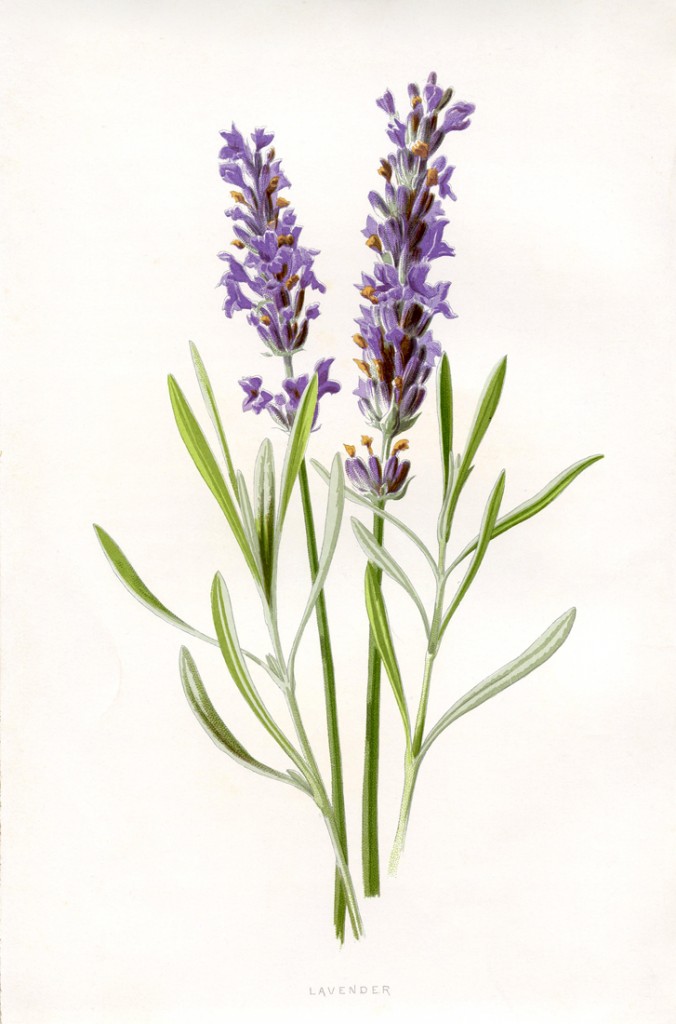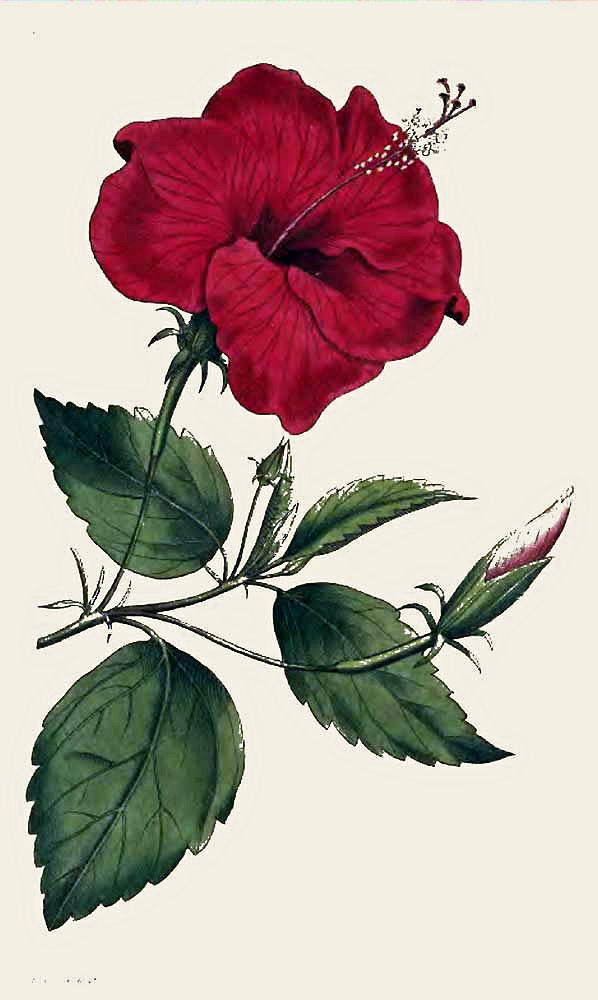Daily Healing For Everyone
For many of us not trained in the medical profession or not raised by healers, we wonder if our only option remains an allopathic (“Western”) approach to healing, which is object-orientated (pharmaceuticals, technologically driven) and structured by historical injustices against women and people of color. The Archive of Healing™ not only draws from a large database collected over many years at UCLA, but accepts new submissions, all while working to protect the information from corporate resource extraction.
In other words, we are attuned to matters of intellectual and cultural heritage. We aim to embody a model of collaboration where profits are returned to communities in need. Please read Our Theories, under About, to learn more. Flower images from thegraphicsfairy.com.

Traditions, Rituals, and Connections For Healers
Rather than a static and backwards looking notion of an “archive,” the Archive of Healing will be responsive by allowing users to flag data, comment on the search results, and provide their own contributions to the data. In time, users will be able to connect with healers both locally and across the globe to deepen their relations.
Users who sign-up as healers (regardless of your modalities and traditions) can view data specifically curated for advanced users. Your contributions to the comments sections will be vitally important as the data slowly evolves and perhaps moves from a “healers only” label to the category for all site users.
Folklore and Cultural Studies For Researchers & Scholars
Because the original database (previously called the “Archive of Traditional Medicine”) was primarily aimed for folklorists and anthropologists, the majority of the data draws from sayings, legends, folktales, and ethnographic field materials. This re-envisioned site, then, currently holds more data aimed at the researcher and teacher more than any other user.
While we have removed some culturally sensitive information, we have also aimed to continue serving the research community by adding full reference materials when known. We are also including a simple formatted citation guide for each card which will retain its own committed URL for ease of referencing. While much of the data in the Archive remains impractical for contemporary users, we trust that researchers, librarians, and educators will remain mindful of the historical contexts of the data by connecting the data points to their original dates and forms of recording.
